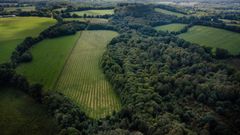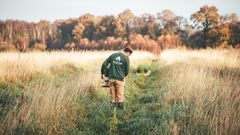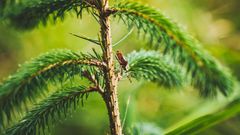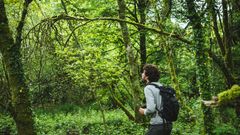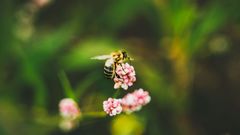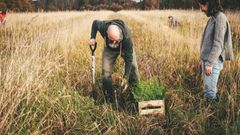About Ploërdut 1 forest
About Ploërdut 1 forest
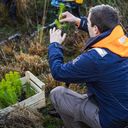

Key information
Project start date: May 20, 2019
Certification: PEFC
Land area: 8.947 ha
Social action: none
Biodiversity features: Wetland, ZNIEFF type II, forest ponds, and a stream.
Temporarily closed to the public, the reopening is scheduled on 01/04
EcoTree’s initiatives
EcoTree’s initiatives
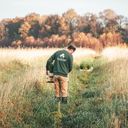
Our trees available for purchase
Discover the trees that inhabit the forest, become owners and support their sustainable management
There are currently no trees for sale in this forest.
EcoTree’s actions for biodiversity
EcoTree’s actions for biodiversity
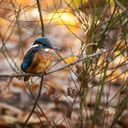
Delve into Ploerdut Forest
See pictures from the project.
